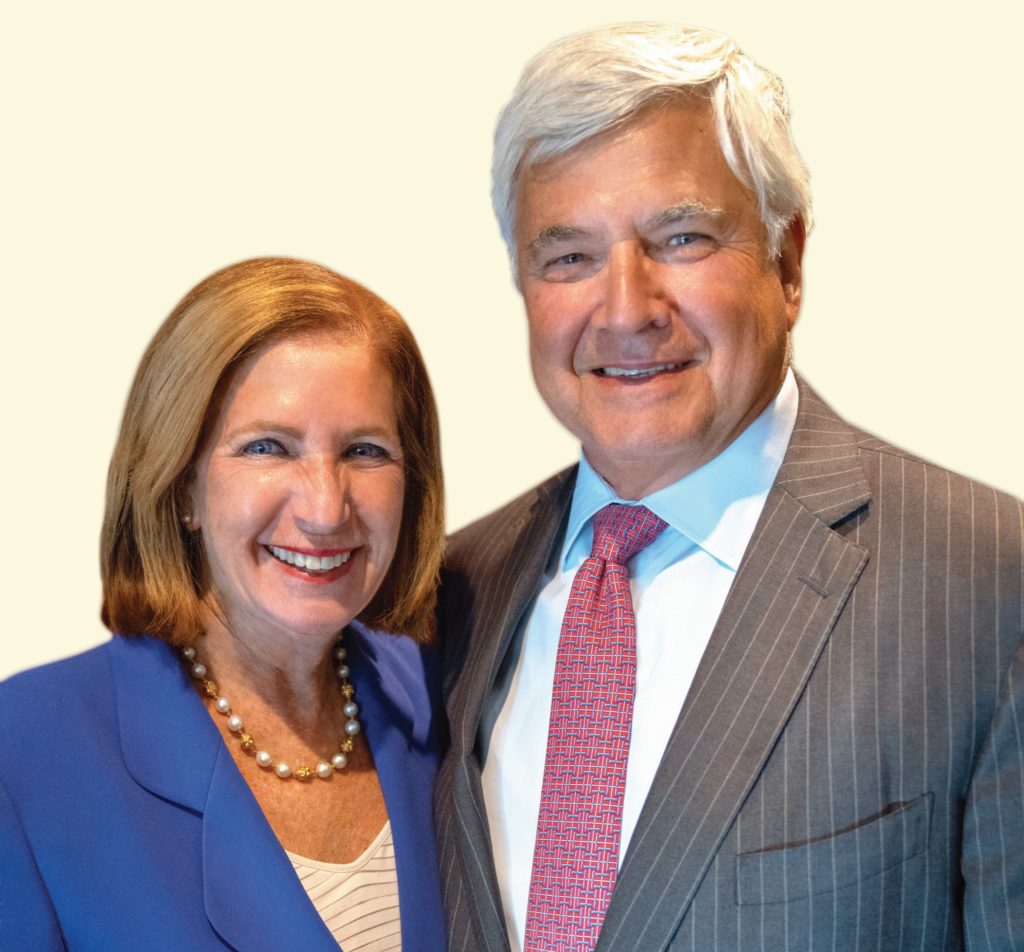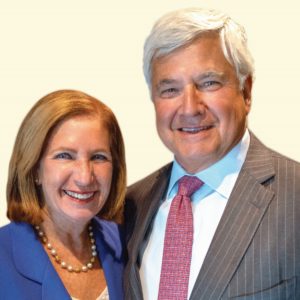
Couples juggling two careers are now the norm—they make up 60 percent of couples in the U.S., and two-thirds of couples in Canada and the UK. Being in the majority, of course, doesn’t make it any easier to pull off.
Many are essentially winging it. Especially once they have children, couples often negotiate career decisions and work-life balance in response to short-term pressures rather than stepping back and constructing a sustainable framework for their lives. Some of those decisions cause later regrets, whether one partner or the other gave up too much time with the children or too much lifetime earning power.
Certainly, there is still a lot that companies could do to ease the stresses and burdens of dual-career family life. But couples themselves—especially those, like us, where both partners are in corporate leadership roles—can also take on some trailblazing responsibility in charting this path, discovering how to maintain a balance that works for them and how to ask for what they need.
To be sure, our exact experience is hardly common—Ilene ultimately became CEO of a Fortune 500 company, and Bram has held senior leadership positions at top consulting firms. The number of women who are CEOs of Fortune 500 companies peaked in 2017 at 32, or 6.4 percent. Last year, that number dropped by 25 percent, to 24. Women hold only 19.2 percent of board seats at companies in the S&P 500.
But if our exact situation is unusual, the experience of having both partners pursuing high-powered careers and trying to enjoy a successful marriage while raising a family is not. Some might wonder if that’s even possible. Women are usually the ones expected to make trade-offs between career and family. Yet, clearly, it can be done—we’re just one example. We’ve been married four decades and raised two children. In our experience, it requires focus, knowing when to be flexible, when to be rigid and what to prioritize.
Chief Executive asked us to look back over how we managed to successfully navigate marriage, careers and family, and share what worked. We hope it helps.
Marry the right person. Certainly, this may be easier said than done, but nothing is more vital. The right partner lays the foundation for everything that follows. Spouses must be highly supportive of each other’s careers and celebrate each other’s successes.
The data overwhelmingly shows that you need to have a supportive partner in order to achieve great success. But finding it on both sides, male and female, is challenging. Especially because a lot of men aren’t willing to make trade-offs or sacrifices with their careers to support their spouse’s career.
Shared values. Of course, it’s crucial to share a set of values and really connect with each other. We first met at work, at Boston Consulting Group (BCG). When Ilene joined the firm in Boston, Bram was based in South Africa, so we didn’t get to know each other until a year later.
The people at BCG who had gotten to know us saw similarities. We were both outgoing, smart, ambitious, very professional—and adventurous. They were placing bets on how long it would take for us to become an item. Once we met, it took all of 30 days before we started going out.
We both grew up in families with strong, successful women and men. Ilene’s father was a CPA, and he’d ask Ilene to help him with work he took home. Her mother instilled the habit of serious planning. She would ask her in January, “What are you going to do this summer? You can’t just sit around for three months.” Ilene thought she’d be a high school math teacher, but then she got into MIT, and her father encouraged her to go. At MIT, where she got her degree in mathematics, she met women—fellow students—who became her role models.
Bram’s entrepreneurial education started early. His dad was an estate attorney and had a lot of checkbooks because he maintained estate accounts for people. Bram was taught to balance a checkbook and draw his allowance using one. His grandfather grew vegetables on his property, so Bram would sell tomatoes out of a wagon, going door to door. Bram’s mother, meanwhile, was working for the National Opinion Research Center as an interviewer and project manager.







